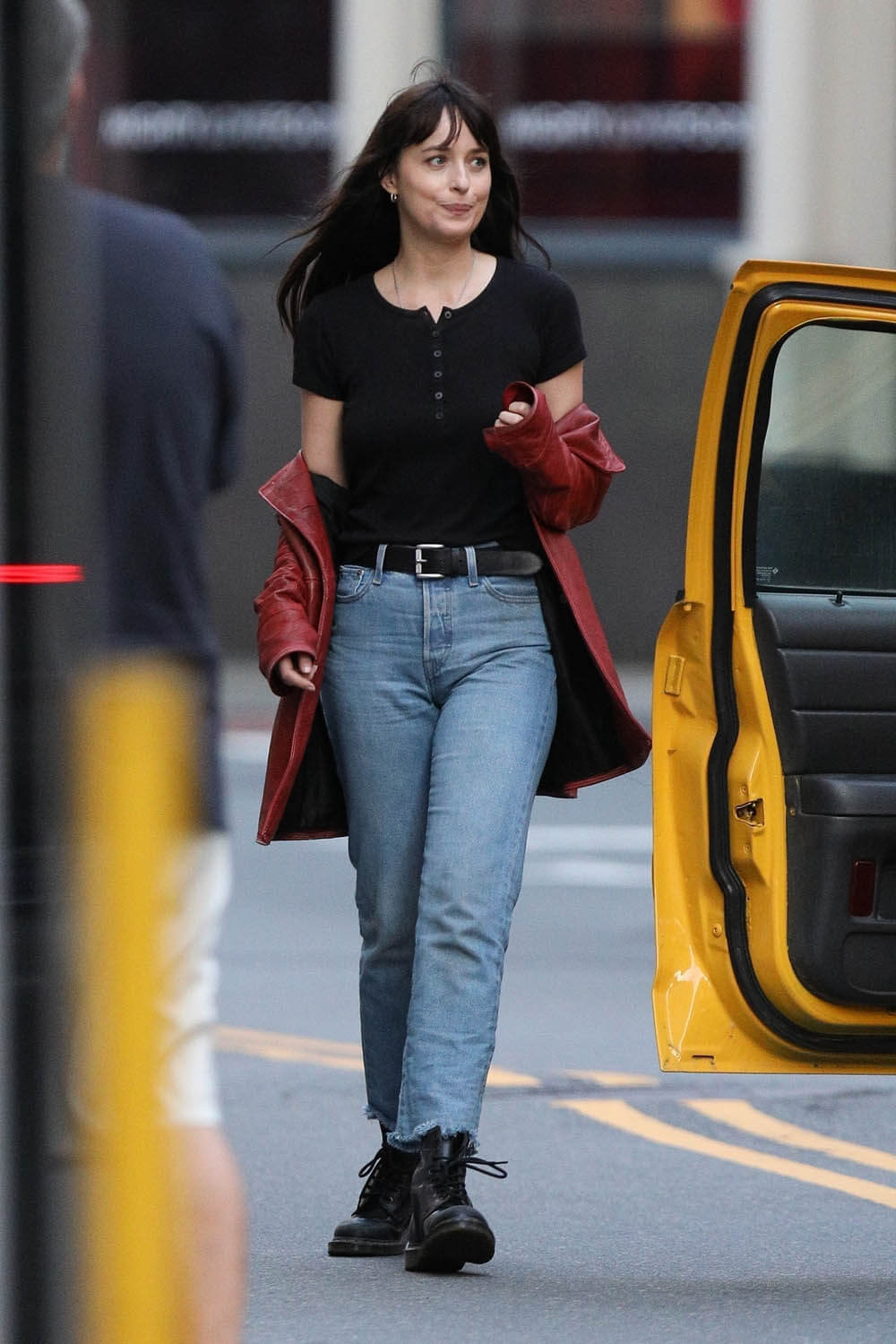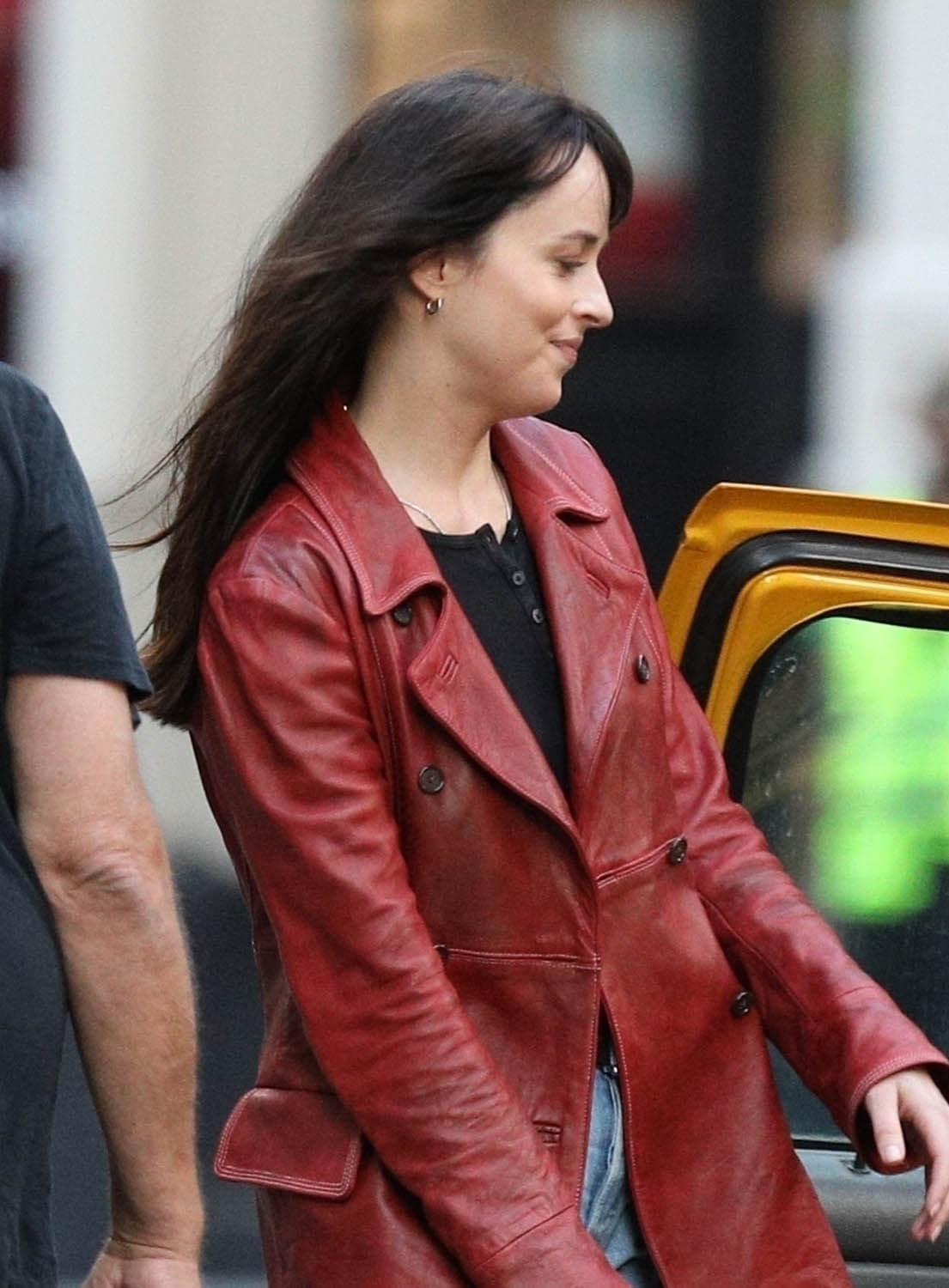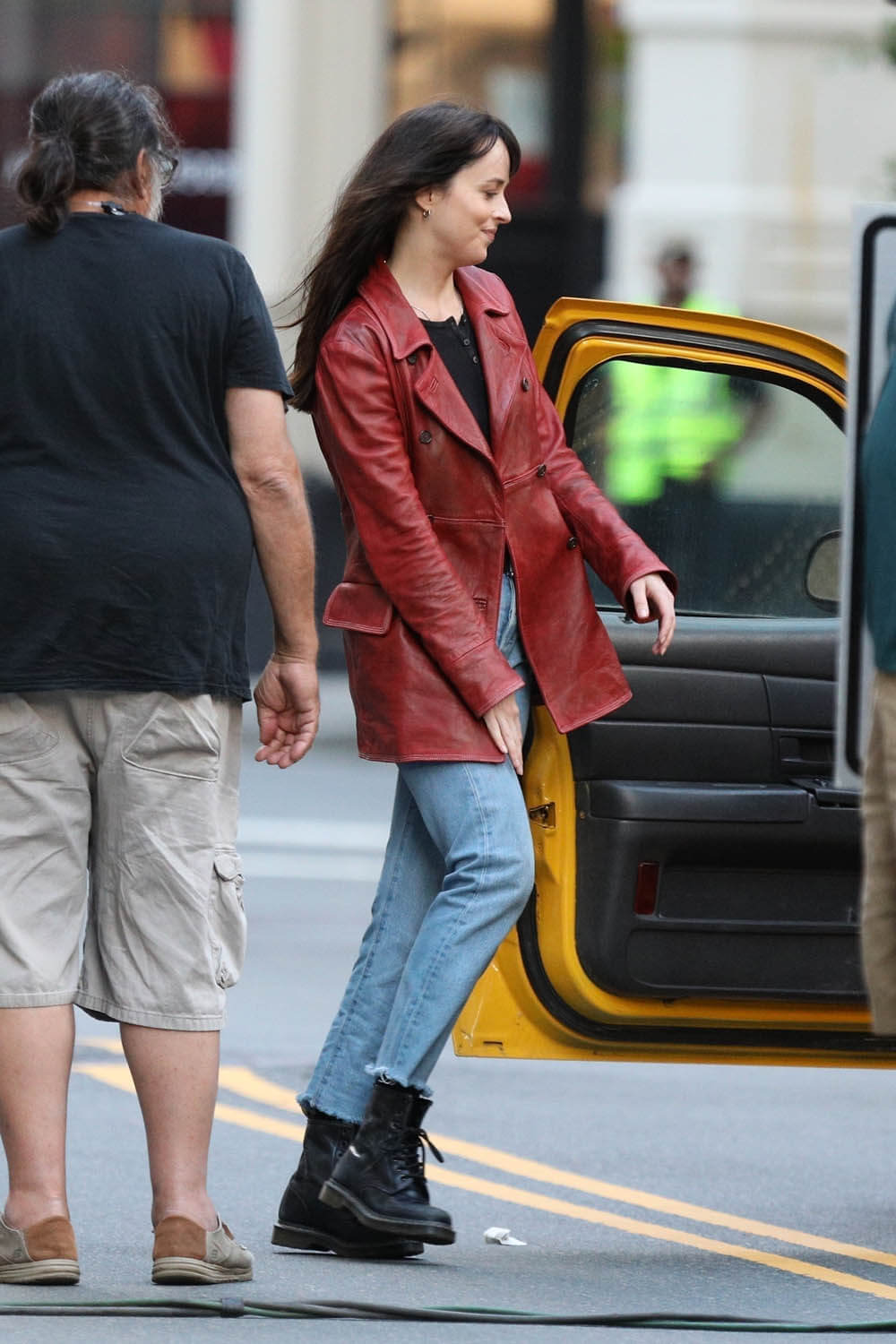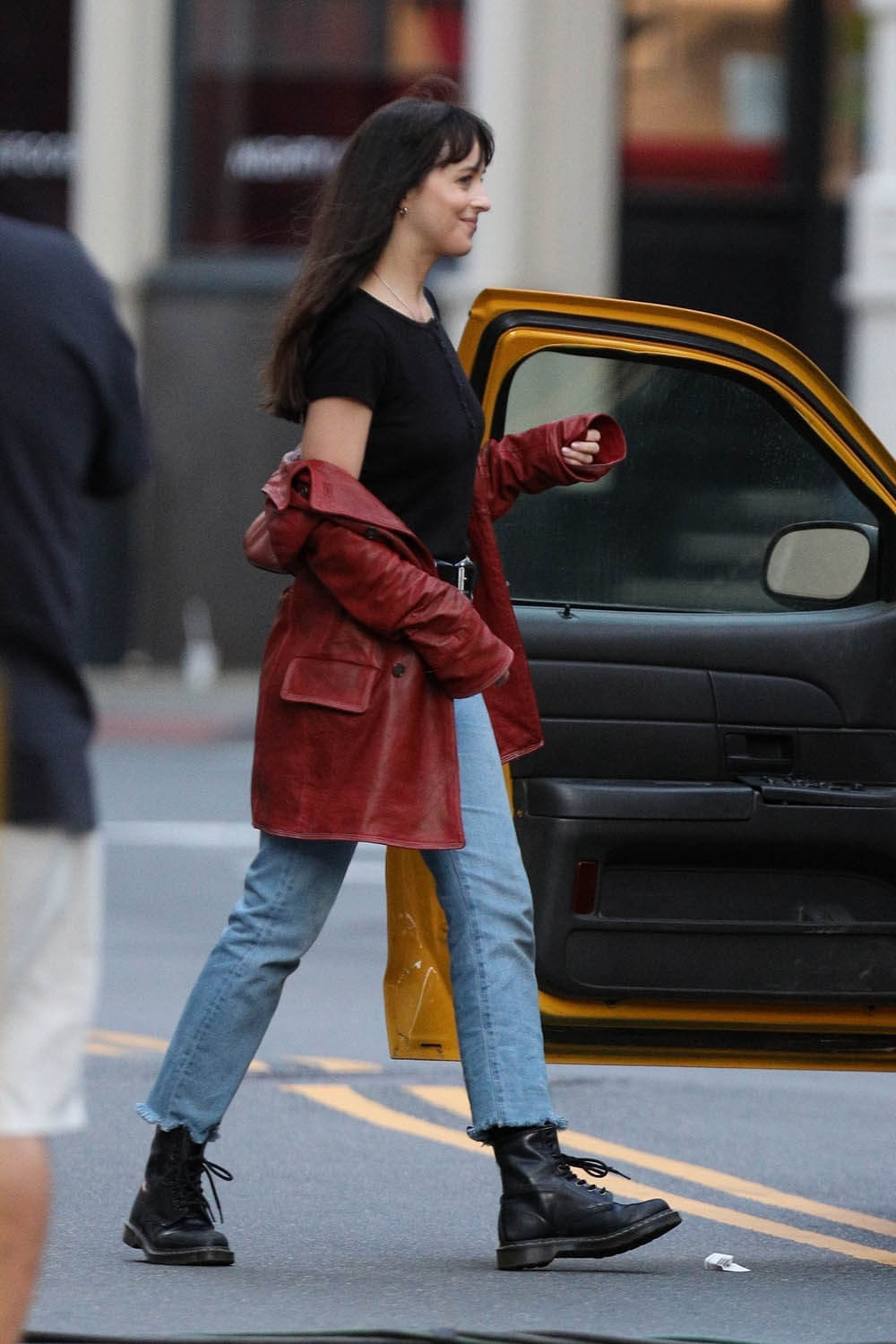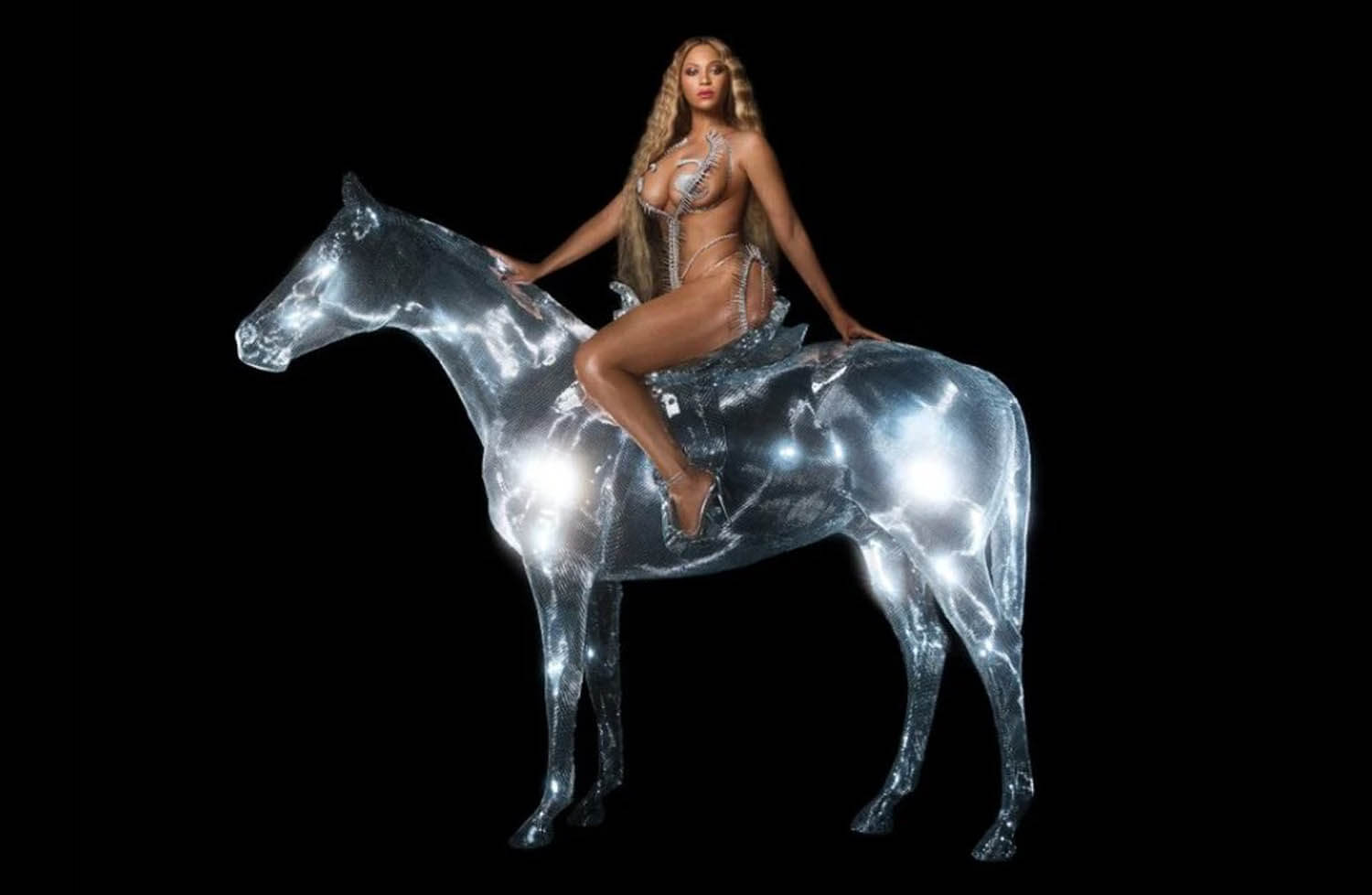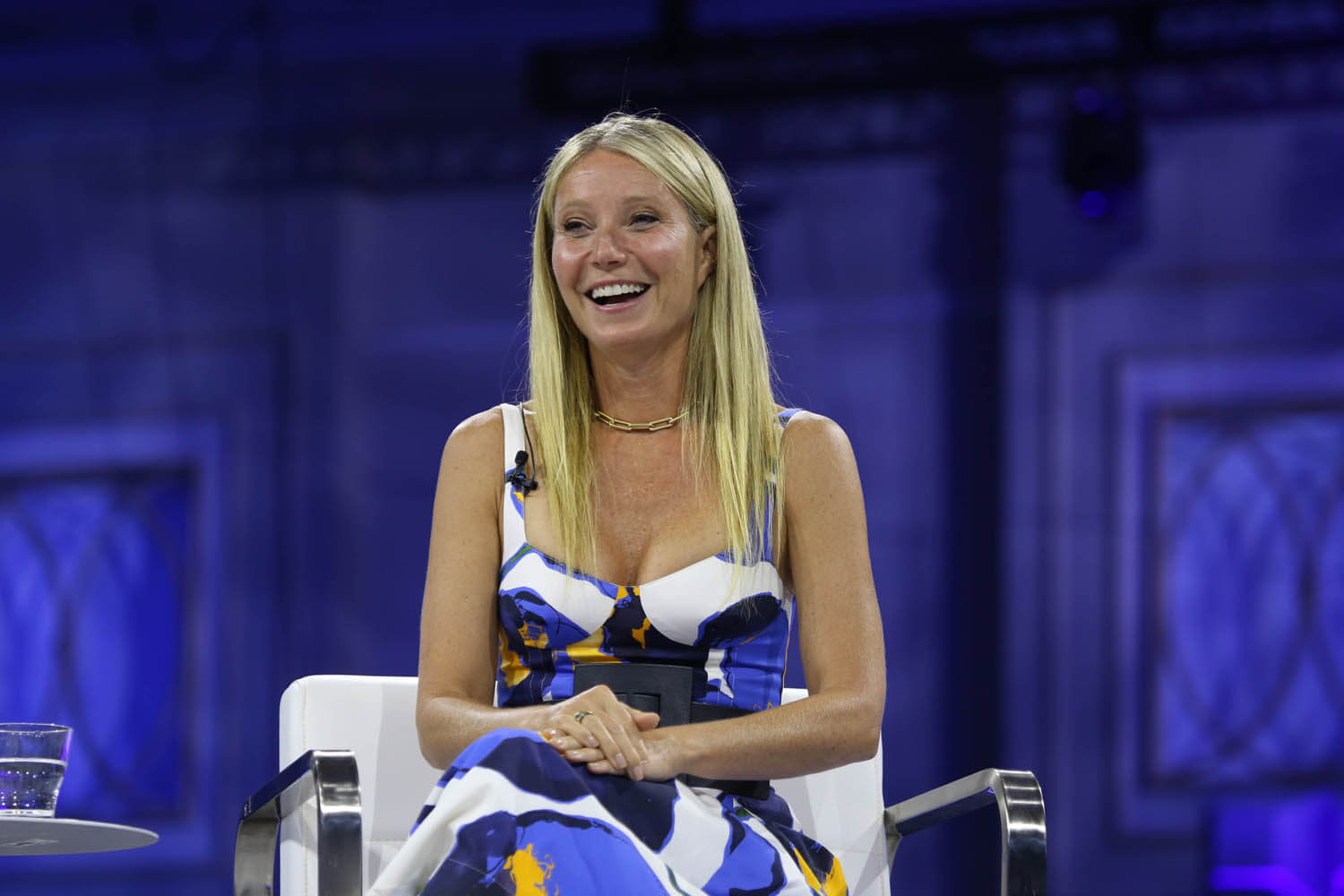Intro for July 29, 2022


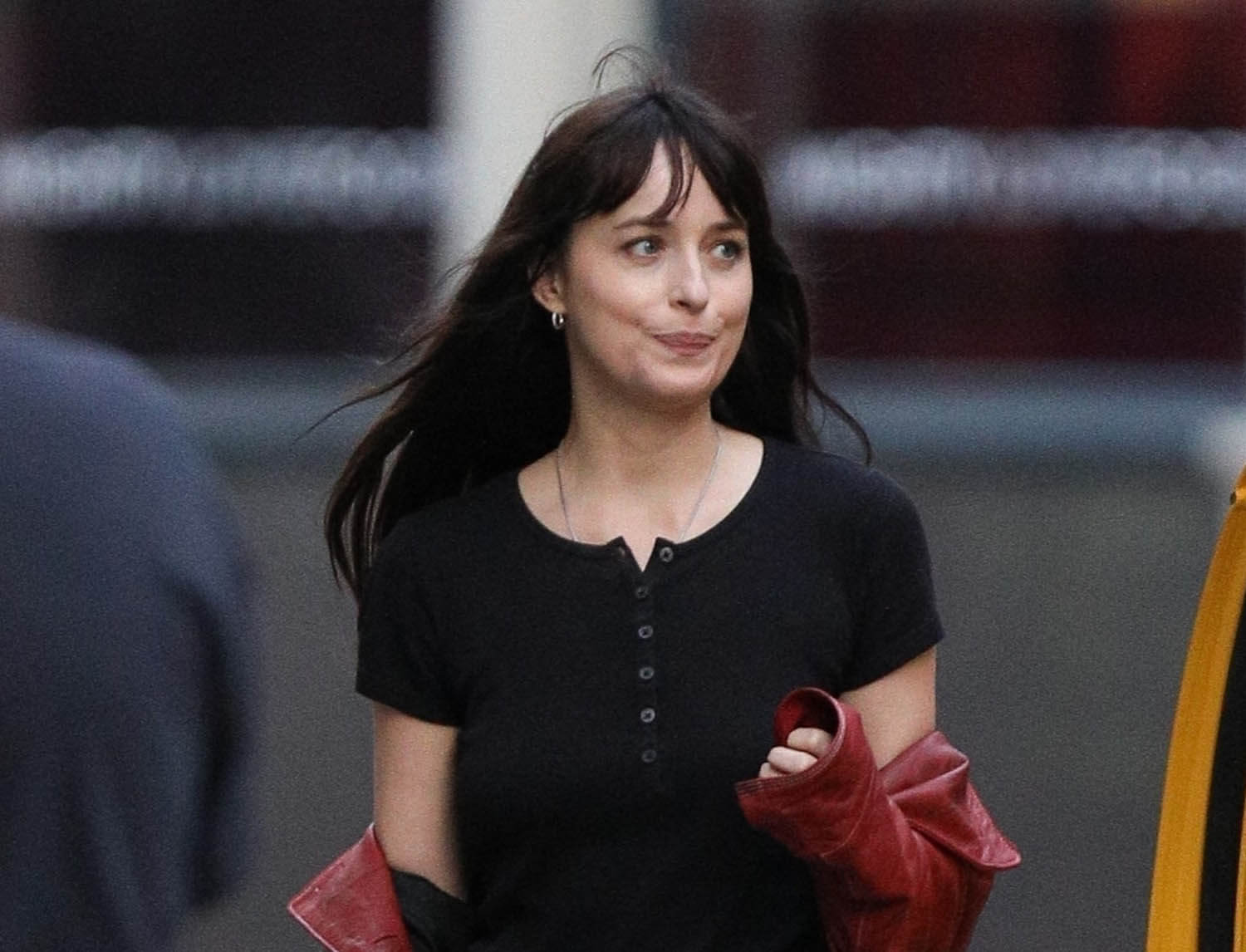
Dear Gossips,
It’s Beyoncé Day, I know that is all anyone cares about. I mean, even as I write this, Act One: Renaissance is playing in the background. Like, this is the sh-t I have to finish so I can devote all my attention to Queen Bey. There will be Beyoncé break downs coming, don’t worry. But first, let’s revisit the state of the visual effects industry which is, I’ve said before, in a crunch that is affecting more and more output, and forcing some VFX-heavy movies to shift to later release dates to make time for necessary work. This week, there was a new expose from Vulture about how terrible it is to work with Marvel, saying they regularly “pixel f-ck” workers with late-stage demands and last minute changes.
The VFX artist in question speaks anonymously, which is not surprising. It’s hard to get people to go on record about the state of labor in the VFX industry because the whole industry is so precarious, routinely overworked and underpaid with studios going out of business, even hours after winning major awards. While “pixel f-ck” is a funny term, the working conditions outlined in the Vulture article are pretty standard for the industry—long hours, little pay, anxiety attacks, panic attacks, crying jags, all of it driven by demanding production houses and, often, directors with indecisive visions who hem and haw about what things should look like, assuming they even know how to effectively work with VFX. (One reason Cats looks like it does, allegedly, is that Tom Hooper simply didn’t know how to best utilize the technology to fulfill his vision.)
Overall, the issues in the article aren’t unusual. The VFX industry is in crisis, though to date it hasn’t got much traction in the entertainment press. Maybe that’s changing, with this Vulture expose, coming a few months after a Reddit call-out that labelled Marvel the worst employer in town. (Journalists are actively using Reddit to find more sources.) Last week, Daniel Chin at The Ringer called out “Marvel’s VFX problem”, pointing out that as audiences have been—slightly—more mild on the Phase 4 movies, it’s drawn more criticism of how these movies get made and upsetting fans, not unlike sneaker heads finding out their favorite kicks are made in sweatshops. Despite articles over the years lamenting this or that VFX house going under, it feels like momentum might finally be shifting in favor of labor, with people focusing on work conditions and bad practices, and a growing sense that things MUST change.
The defense is that work conditions for VFX artists are like this everywhere, undercutting bids is basically industry-standard—and isn’t it the fault of the company owners, anyway, who offer and accept what they know to be substandard rates?—and Marvel is merely doing what everyone else does, why pick on them? Well, they’re the biggest and most successful game in town, so the target on their back is big. But also, they have the money, power, and influence to actually enact change in this area. They could start paying VFX workers fair wages and set an industry standard—a rising tide lifts all boats. And if it’s a question of budgets, maybe don’t make six $100 million-plus productions a year, maybe make three, and pay the below-the-line workers better.
But also, it’s Marvel’s particular way of working that increases the problems. Making so many last-minute story decisions that then require late-stage alterations in effects, not making design decisions until late in the game, and hiring directors without experience in using VFX are all trademarks of a Marvel production. You can hire directors without experience but ushering them through a more defined post-production process would probably help. Marvel regularly pairs directors from the indie world with experienced second-unit crews familiar with staging and photographing large-scale action sequences. Why not do the same for VFX?
It’s the “we’ll find it in post” mentality, to which I always say, “If you don’t have it on the page when you start, you won’t find it in post when you finish.” Just having key decisions like what a character’s costume and superpower looks like set before production can ease up the VFX pipeline, never mind if everyone already knows how the movie ends before they start shooting. Marvel has ridden so high for so long, that even the barest hint of audience dissatisfaction is opening the door to these exposes. But it goes far beyond them. This might end up being the start of a major labor dispute in Hollywood.
Live long and gossip,
Sarah
Attached: Dakota Johnson on set of Marvel's Madame Web the other day.

